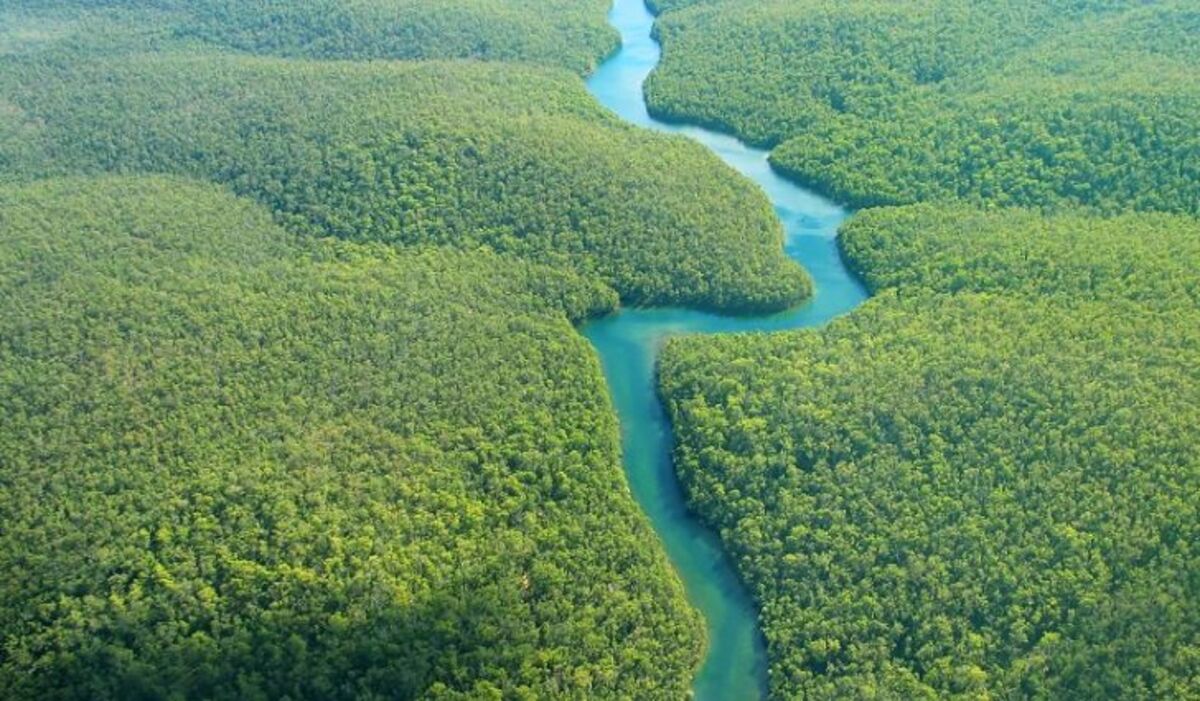Malaysia, the world’s second-largest palm oil producer, accused the European Union (EU) on Friday of obstructing the sale of goods associated with deforestation within the 27-nation bloc by passing a new rule.
A new rule passed by the EU earlier this month mandates that businesses prepare a due diligence statement demonstrating that their supply chains do not contribute to the loss of forests or face stiff fines.
The rule will cover some derivative items, as well as soy, beef, wood, cocoa, and coffee.
Malaysia says cutting off will affect free trade
According to Malaysia’s Deputy Prime Minister and Minister of Commodities Fadillah Yusof, this will negatively affect free and fair trade and the global supply chain.
According to him, Europe intentionally passed the Deforestation-Free Products Regulation to restrict market access, harm small farmers, and defend the local oilseeds industry, which is ineffective and unable to compete with the price of this oil.
The cheapest vegetable oil in the world is palm oil, which is used to create everything from biscuits to cosmetics and fuel. Environmental organizations, however, attribute massive deforestation to its production.
EU ambassador: Allegations about palm oil are false and misleading
In a statement to the country’s palm oil board on Wednesday, EU ambassador to Malaysia Michalis Rokas claimed that allegations of a ban on the oil are false and misleading.
According to Rokas, lawfully produced and deforestation-free palm oil will continue to be sold on the EU market.
Leading producers of palm oil, Indonesia and Malaysia, have already committed to no-deforestation policies and adopted international and national sustainability certification criteria.
Minister Fadillah claimed that the regulation would tax Malaysian exporters even more. If the EU Regulation designates either palm oil or Malaysia as having a high risk, he continued, “that would be offensive to Malaysia.”
Palm oil to be phased out of fuels by 2030
The new regulation comes on top of a renewable energy directive from the EU that mandates the phase-out of fuels derived from palm oil by 2030. As a result, the EU has recently imported less palm oil.
In recent years, Malaysia and Indonesia each filed a separate complaint with the World Trade Organization, alleging that the EU’s actions were discriminatory.
But…
Food juggernaut Nestle, based in Switzerland, will no longer purchase goods from Astra Agro Lestari and its affiliates. This came about when environmental organizations accused the Indonesian corporation of violating land and human rights. A major producer of palm oil in Indonesia is Astra Agro Lestari (AAL).
Due to growing legal and reputational pressure, Nestle chose to cut Astra Agro Lestari and its three subsidiaries out of their supply chain. Consumers, governments, and environmentalists in particular demand that the food behemoth does more to protect the way that raw materials are generated in order to combat climate change.
In June 2022, Friends of the Earth released a report on this topic. There, they detail the wrongdoings of one of the biggest palm oil producers in the world. In particular, Astra Agro Lestari has taken thousands of acres of privately held land without permission. Sulawesi, an island in Indonesia, is home to the plantations mentioned above.
According to the NGO activists’ assessment, the oil manufacturer has ruined the area’s streams and forests.
Friends of the Earth have warned businesses and government representatives that oil from AAL plantations will probably wind up in Europe.
But no more.

